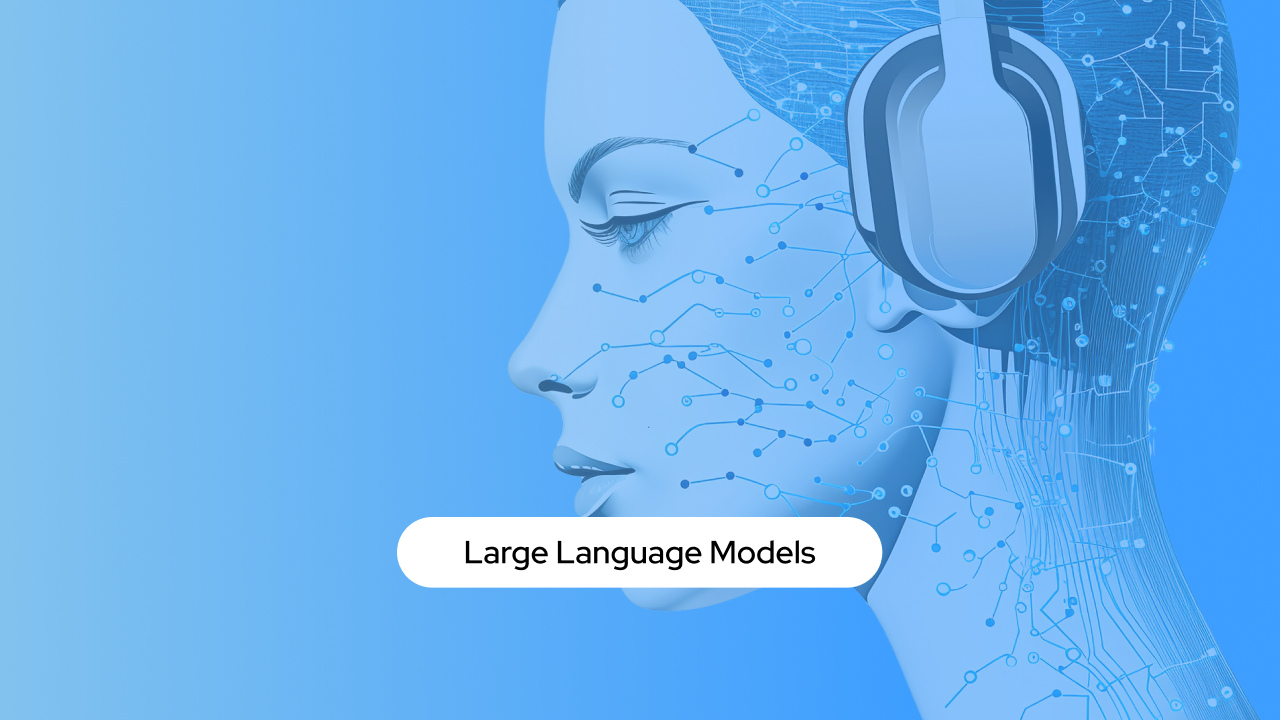Enhancing Artificial Intelligence and Machine Learning with Data Labeling and Annotation Services

In the rapidly evolving landscape of artificial intelligence and machine learning, data is the foundation upon which intelligent systems are built. However, raw data alone is not enough to create accurate and effective machine learning models. This is where data labeling and annotation services come into play. In this article, we will delve into what data labeling and annotation services are, why they are crucial for machine learning, and how businesses can benefit from leveraging these services.
Understanding Data Labeling and Annotation Services
Data labeling and annotation services involve the process of manually adding relevant labels, tags, or annotations to data points in a dataset. This task is performed by human annotators who meticulously analyze and mark the data according to specific guidelines. The goal is to transform raw data into structured, labeled data that machine learning algorithms can learn from.
These labels and annotations can vary widely depending on the context of the data and the intended use of the machine learning model. For example, in an image recognition task, annotators might label objects within an image. In natural language processing, they might tag parts of speech or named entities in text data. In medical imaging, annotators could mark regions of interest or abnormalities.
Importance of Data Labeling and Annotation
1. Enhanced Model Training: Accurate and comprehensive labeling ensures that machine learning algorithms learn from high-quality data. Models trained on well-annotated data tend to perform better and more consistently.
2.Domain Adaptation: Annotators familiar with a specific domain can provide contextually relevant labels, enabling models to better understand the intricacies of that domain.
3. Improved Generalization: Labeled data helps models generalize patterns and features, making them better at handling new, unseen data.
4. Reduced Bias: Human annotators can actively address potential biases in the data, leading to fairer and more ethical models.
5. Customization: Annotation services can be tailored to meet specific project requirements, accommodating diverse data types and model goals.
.jpg)
Types of Data Labeling Services
1. Image Annotation: Involves labeling objects, bounding boxes, segmentation masks, keypoints, and more within images. Used in applications like object detection (e.g., autonomous vehicles) and medical image analysis.
2. Text Annotation: Includes tasks like named entity recognition, sentiment analysis, text classification, and part-of-speech tagging for natural language processing tasks such as chatbots and content categorization.
3. Video Annotation: Similar to image annotation, this actions service focuses on labeling objects and within video frames, essential for video analysis, surveillance systems, and sports analytics.
4. Audio Annotation: Used for speech-to-text transcription, speaker identification, and emotion recognition tasks in audio data, benefiting voice assistants and call center analytics.
5. Geospatial Annotation: Involves annotating maps, satellite images, and aerial photos, useful for geographic information systems (GIS), urban planning, and agriculture monitoring.
Benefits for Businesses
1. Accelerated Development: Outsourcing data labeling speeds up model development, allowing companies to focus on their core competencies.
2. Cost Efficiency: Hiring and training an in-house annotation team can be expensive. Outsourcing saves costs while maintaining quality.
3. Scalability: As project demands increase, external annotation services can scale accordingly, ensuring timely delivery.
4. Expertise: Professional annotators possess domain-specific expertise, resulting in accurate annotations that improve model performance.
Conclusion
In the ever-expanding realm of artificial intelligence, data labeling and annotation services have emerged as indispensable tools for building high-performance machine learning models. By transforming raw data into labeled, structured information, these services enable AI systems to recognize patterns, make predictions, and adapt to specific domains. Leveraging data labeling and annotation services offers businesses a strategic advantage by accelerating model development, enhancing accuracy, and enabling scalable growth in the AI landscape.




